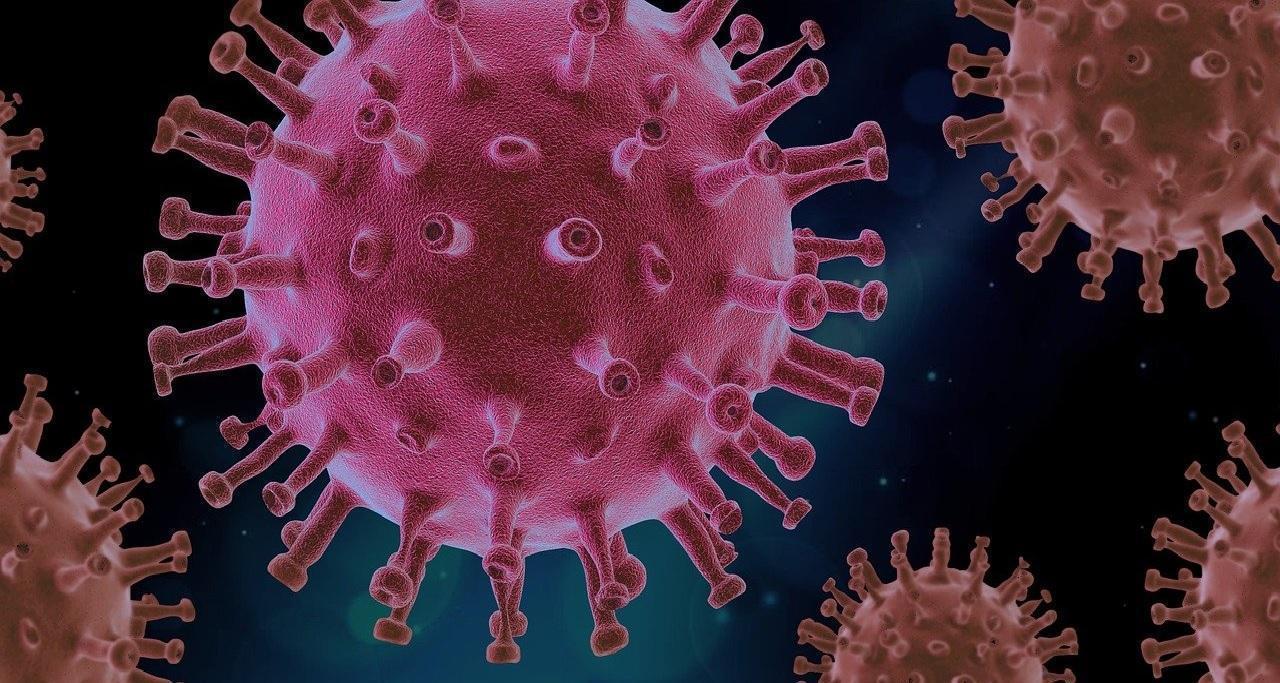“In consultation with our virus evolution working group, and our Epi teams and our lab teams internally, there is some available information to suggest increased transmissibility of B.1.617, as such we are classifying this as a variant of concern at the global level,” said Dr Maria Van Kerkhove, Covid-19 Technical Lead at the WHO.

Photo for representational purpose
The B.1.617 variant of the coronavirus, first identified in India, has been classified as a “variant of concern” at the global level by the World Health Organisation (WHO).
ADVERTISEMENT
Dr Maria Van Kerkhove, Covid-19 Technical Lead at the WHO, said Monday that the B.1.617 virus variant that was first identified in India had been classified as a “variant of interest” by the WHO.
She said the Epi team and WHO lab team has been discussing with the WHO virus evolution working group this variant and everything that “we know about it in terms of transmissibility and any studies that are being done in India as well as in other countries where this virus is circulating.”
“In consultation with our virus evolution working group, and our Epi teams and our lab teams internally, there is some available information to suggest increased transmissibility of B.1.617, as such we are classifying this as a variant of concern at the global level,” she said.
She added that even though there is increased transmissibility demonstrated by some preliminary studies, “we need much more information about this virus variant in this lineage, so we need more targeted sequencing to be done, and to be shared in India and elsewhere so that we know how much of this virus is circulating.”
She added that there is need for more information on the epidemiologic studies that are underway, the studies that are evaluating neutralization severity.
“So far from the information that we have (is) the public health and social measures work, but we need to work that much harder to control any virus variants that have demonstrated increased transmissibility,” she said, adding that WHO does not have anything to suggest that “our diagnostics or therapeutics and our vaccines don't work.”
“This is important. We will continue to see variants emerge. We will continue to see variants of concern around the world and we must do everything that we can to really limit the spread, limit infections, prevent the spread and reduce severe disease and death with the tools that we have at hand,” she said.
She emphasised that no matter where one lives and no matter what viruses are circulating, “we need to make sure that we take all of the measures at hand to prevent ourselves from getting sick. It's the individual level measures, physical distancing, hand hygiene, wearing of a mask, avoiding crowded spaces, improving ventilation. If you can work from home, all of the measures that are at hand and ensuring that governments provide a supportive and an enabling environment so that we can carry out measure that can keep us safe,” she added.
This story has been sourced from a third party syndicated feed, agencies. Mid-day accepts no responsibility or liability for its dependability, trustworthiness, reliability and data of the text. Mid-day management/mid-day.com reserves the sole right to alter, delete or remove (without notice) the content in its absolute discretion for any reason whatsoever.
 Subscribe today by clicking the link and stay updated with the latest news!" Click here!
Subscribe today by clicking the link and stay updated with the latest news!" Click here!






